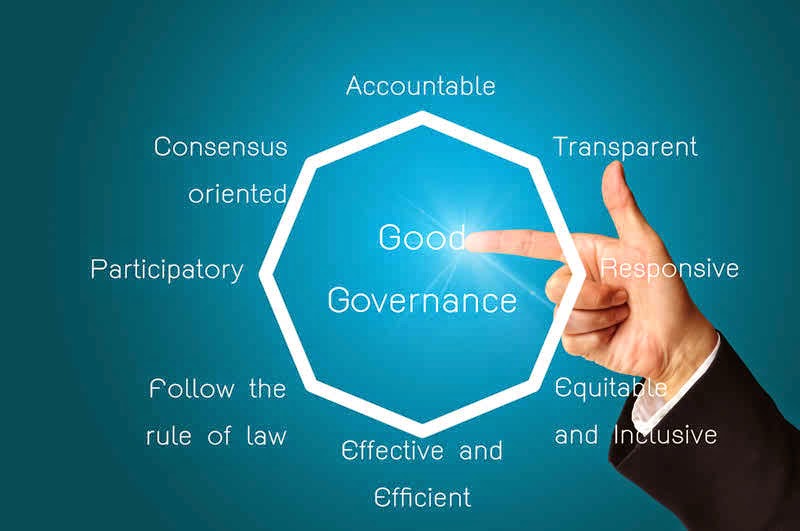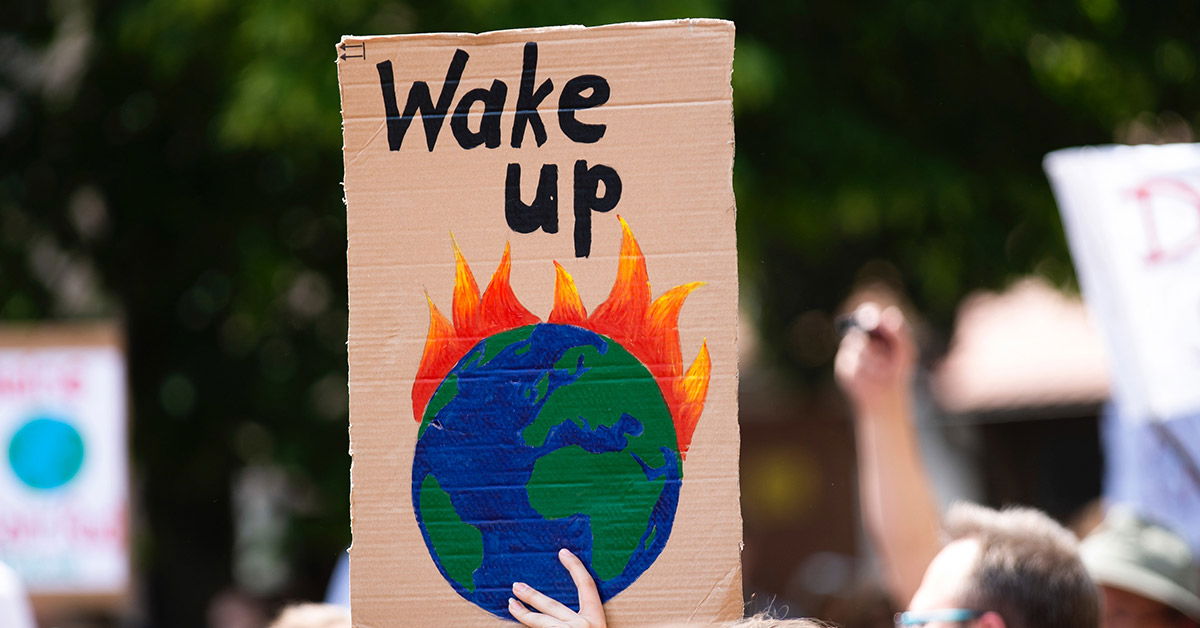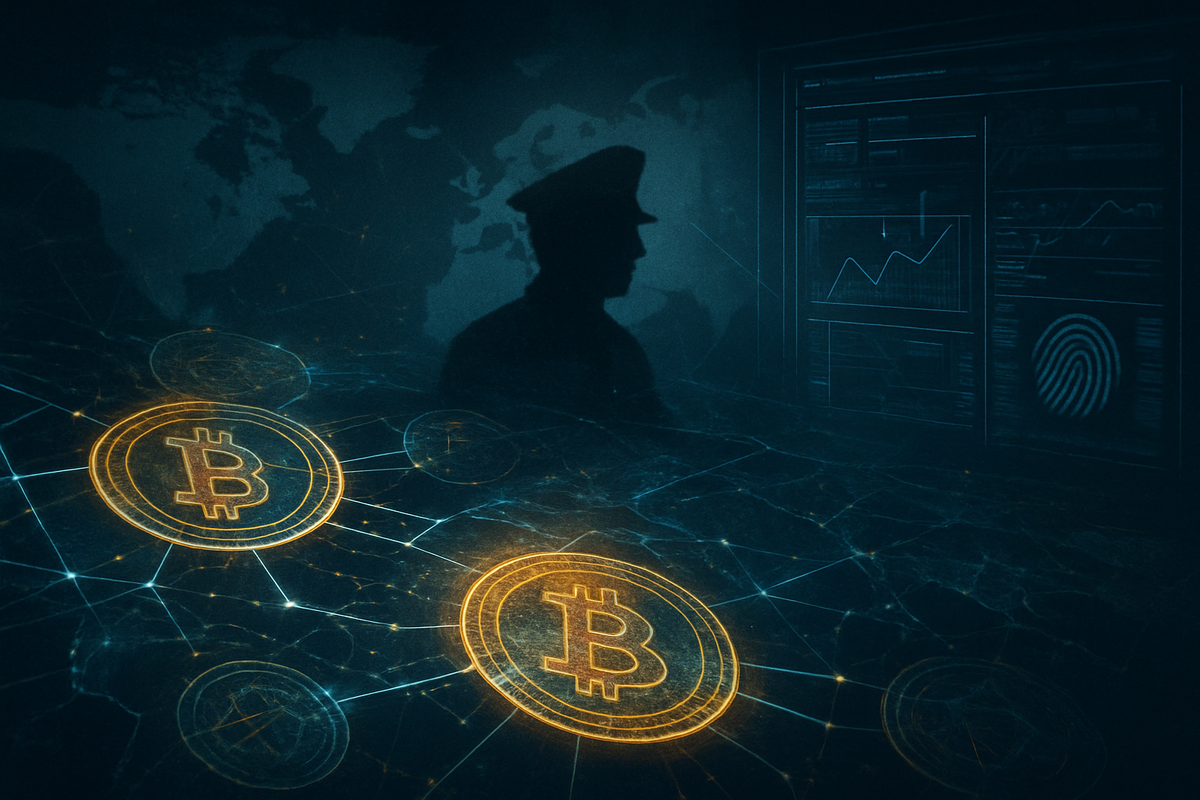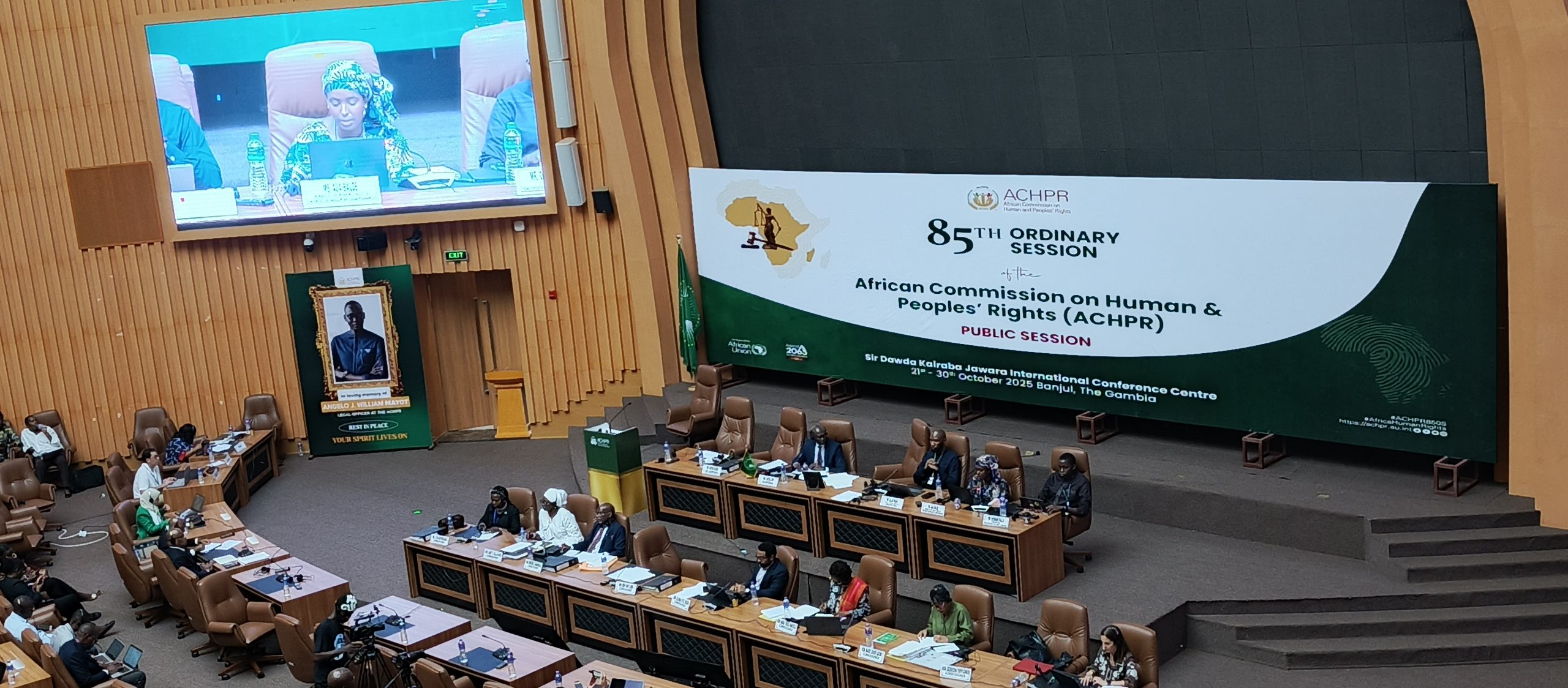Lawyer work stoppage crisis hits the juvenile justice system – CommonWealth Beacon

Report on Massachusetts Legal Aid Crisis and its Impact on Sustainable Development Goals
This report details the ongoing work stoppage by court-appointed lawyers in Massachusetts, analyzing its profound implications for the state’s commitment to the United Nations Sustainable Development Goals (SDGs), particularly SDG 16 (Peace, Justice and Strong Institutions).
SDG 16: Erosion of Peace, Justice, and Strong Institutions
The current crisis represents a systemic failure to uphold SDG 16, which aims to promote just, peaceful, and inclusive societies. The inability to provide legal counsel to indigent defendants directly contravenes key targets within this goal.
Target 16.3: Promoting the Rule of Law and Ensuring Equal Access to Justice
A work stoppage by private “bar advocates,” who handle approximately 80% of indigent cases, has led to a systemic violation of the constitutional right to counsel. This directly undermines the principle of equal access to justice.
- Adult Defendants: An emergency measure, the Lavallee protocol, has been implemented. It mandates the release of defendants held for seven days without representation and the dismissal of cases for those unrepresented for 45 days. This has resulted in the release of nearly a dozen defendants and puts approximately 800 cases on the verge of dismissal.
- Juvenile Defendants: The crisis is extending to the Juvenile Court, threatening the rights of young offenders and challenging the state’s obligation to provide specialized justice for minors.
Target 16.6: Developing Effective, Accountable, and Transparent Institutions
The justice system’s reliance on underfunded court-appointed lawyers has proven to be an ineffective institutional model, leading to the current paralysis. The Committee for Public Counsel Services (CPCS) has petitioned the Supreme Judicial Court (SJC) to address this institutional failure.
- The CPCS filed a petition to extend the Lavallee protocol to the Juvenile Court system.
- As of July 18, there were 101 unrepresented juveniles facing criminal charges across six counties.
- The SJC has acknowledged an “ongoing systemic violation of indigent criminal defendants’ constitutional rights.”
Impact on Interconnected SDGs
The crisis extends beyond the justice system, negatively affecting goals related to inequality, economic stability, health, and education.
SDG 10: Reduced Inequalities
The situation exacerbates inequalities by disproportionately affecting indigent populations, who lack the economic means to secure private legal representation. The CPCS filing notes that prolonged detention for juveniles also increases racial disparities, working against Target 10.2, which calls for the social and political inclusion of all, irrespective of economic or other status.
SDG 8: Decent Work and Economic Growth
The root of the work stoppage is a dispute over fair compensation, a core component of SDG 8. The failure to provide adequate pay has destabilized a critical public service.
- Current Action: Bar advocates began a work stoppage in late May to demand an increase in hourly pay.
- Proposed Solution: CPCS proposed raising hourly rates from $65 to $73 for district court lawyers and from $85 to $105 for superior court lawyers, but this was not included in the state budget.
SDG 3 & 4: Good Health, Well-being, and Quality Education
For juvenile defendants, the lack of counsel and potential for prolonged detention have severe consequences that undermine SDG 3 and SDG 4.
- Health (SDG 3): The CPCS filing argues that detention causes trauma and exacerbates mental illness among young people.
- Education (SDG 4): Pre-trial detention is cited as devastating to a youth’s access to education.
Proposed Remedial Actions and Recommendations
To mitigate the damage and realign with SDG principles, the CPCS has proposed a modified emergency protocol for the Juvenile Court.
Proposed Lavallee Protocol for Juveniles
- Release of any juvenile defendant held for more than three days without legal counsel.
- Dismissal of the case if an attorney has not been appointed within 15 days of the youth’s first court appearance.
- Requirement for court clerks to provide daily lists of unrepresented youths to facilitate case tracking.
Governor Maura Healey has acknowledged the dual threat to public safety and due process, calling for a swift resolution. The implementation of these measures is presented as an urgent necessity to restore fundamental justice and uphold the state’s commitment to the Sustainable Development Goals.
Analysis of Sustainable Development Goals (SDGs) in the Article
1. Which SDGs are addressed or connected to the issues highlighted in the article?
-
SDG 16: Peace, Justice and Strong Institutions
This is the most central SDG. The article’s core subject is the failure of the justice system in Massachusetts to provide legal representation for indigent defendants, which directly undermines the rule of law, access to justice, and the effectiveness of state institutions.
-
SDG 10: Reduced Inequalities
The issue specifically affects “indigent defendants,” meaning those who cannot afford a lawyer. This creates a stark inequality in the justice system based on economic status, denying a vulnerable population equal access to legal rights and due process compared to those with financial means.
-
SDG 8: Decent Work and Economic Growth
The root cause of the crisis is a “work stoppage” by court-appointed lawyers over inadequate pay. This relates to the principles of decent work and equal pay for work of equal value, as the lawyers do not consider their current compensation to be fair, prompting them to withdraw their services.
-
SDG 3: Good Health and Well-being
The article explicitly mentions the negative health consequences for juvenile defendants, stating that prolonged detention “causes trauma and exacerbates mental illness.” This connects the justice system’s failures to direct impacts on the mental health and well-being of young people.
-
SDG 1: No Poverty
The crisis revolves around providing legal services for the “poor and the vulnerable” (indigent defendants). Access to free legal counsel is a form of social protection. The breakdown of this system highlights a failure to protect the rights of those in poverty when they interact with the justice system.
2. What specific targets under those SDGs can be identified based on the article’s content?
-
SDG 16: Peace, Justice and Strong Institutions
- Target 16.3: Promote the rule of law at the national and international levels and ensure equal access to justice for all. The article details a “systemic violation of indigent criminal defendants’ constitutional rights to effective assistance of counsel,” which is a direct failure to ensure equal access to justice. The release of defendants and dismissal of cases because no lawyer is available demonstrates a breakdown in the rule of law.
- Target 16.6: Develop effective, accountable and transparent institutions at all levels. The Committee for Public Counsel Services (CPCS) and the court system are shown to be ineffective in managing the “chronic shortage of private counsel,” leading to a crisis that paralyzes judicial processes for hundreds of individuals.
-
SDG 10: Reduced Inequalities
- Target 10.3: Ensure equal opportunity and reduce inequalities of outcome… The inability of indigent defendants to get representation creates a profound inequality of outcome. While a person with money can hire a lawyer and proceed with their case, a poor person cannot, leading to prolonged detention or case dismissal without a trial on the merits.
-
SDG 8: Decent Work and Economic Growth
- Target 8.5: …achieve full and productive employment and decent work for all… and equal pay for work of equal value. The lawyers’ strike is a direct result of a dispute over fair compensation. The article specifies the low hourly rates and the proposed increases, framing the issue as one of inadequate pay for the essential work performed.
-
SDG 3: Good Health and Well-being
- Target 3.4: …promote mental health and well-being. The article’s argument for expediting juvenile cases is based on the harm caused by detention, which it claims “causes trauma and exacerbates mental illness,” directly addressing the need to protect and promote mental health.
3. Are there any indicators mentioned or implied in the article that can be used to measure progress towards the identified targets?
Yes, the article provides several specific quantitative and qualitative indicators:
- Number of unrepresented defendants: The article states there were “101 unrepresented juveniles as of July 18” and that courts were facing the need to process “about 800 cases” for adults who had been without representation for 45 days. This directly measures the gap in access to justice (Target 16.3).
- Hourly pay rates for lawyers: The article provides exact figures for the lawyers’ compensation, which is the central point of the labor dispute. It mentions current rates of “$65 an hour” and proposed increases to “$73 an hour,” among others. This is a direct indicator for fair pay (Target 8.5).
- Number of new cases vs. counsel availability: The article notes that in fiscal year 2024, there were “6,765 new cases filed in the Juvenile Court” and “over 558,000 new criminal filings in district courts,” which are handled predominantly (80%) by the striking private lawyers. This ratio indicates the scale of the institutional challenge (Target 16.6).
- Cost of detention: The article cites a 2014 study stating the daily cost of juvenile detention was “$300-350 per bed.” This economic indicator highlights the inefficiency of the current failing system.
- Consequences for juvenile well-being: The article lists several negative outcomes for juveniles, including worsened “rates of recidivism,” devastated “access to education,” and exacerbated “mental illness.” These are qualitative but measurable indicators of the system’s impact on health and well-being (Target 3.4).
4. Table of SDGs, Targets, and Indicators
| SDGs | Targets | Indicators Identified in the Article |
|---|---|---|
| SDG 16: Peace, Justice and Strong Institutions | 16.3: Ensure equal access to justice for all.
16.6: Develop effective, accountable and transparent institutions. |
|
| SDG 10: Reduced Inequalities | 10.3: Ensure equal opportunity and reduce inequalities of outcome. |
|
| SDG 8: Decent Work and Economic Growth | 8.5: Achieve decent work and equal pay for work of equal value. |
|
| SDG 3: Good Health and Well-being | 3.4: Promote mental health and well-being. |
|
Source: commonwealthbeacon.org

What is Your Reaction?
 Like
0
Like
0
 Dislike
0
Dislike
0
 Love
0
Love
0
 Funny
0
Funny
0
 Angry
0
Angry
0
 Sad
0
Sad
0
 Wow
0
Wow
0











































































